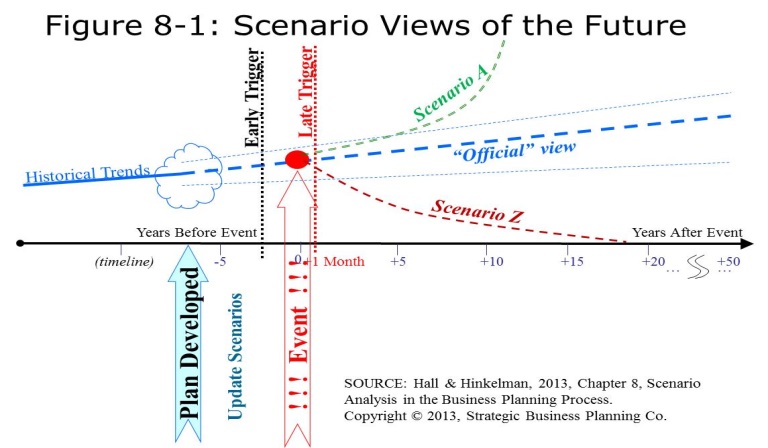The 2007 Lentz Dissertation by Cheryl Lentz (Dr Cheryl) was interesting in many ways. One is that it was a single round study. What she was doing was following on research that had been conducted previously. So she was able to use the prior research for the information and the factors that she would have needed to gather in round 1 of a full Delphi study. I know, I know. That’s not a Delphi study then if only 1 round. But she chose to still call it a Modified Delphi, study in large part, because of the use of experts.
She recruited HR experts to do the study. The results turned out to be a bit of a conundrum, as she discussed in her 2009 article in the Refractive Thinker. But that’s another post discussion.
There are several ways to change a Delphi study from the classical approach used by RAND back in the cold war era, and therefore to categorize it as a “modified” Delphi study. One way is to use informed people, so that you avoid having to get “experts” to participate. Plus then you would have to justify the criteria used to decide what represents and expert. Another approach is not necessarily to aim for consensus. Most studies using Delphi don’t need full consensus; often they are aiming for best practices or the most important factors. The UCLA/Delphi approach is used to get medical experts to decide on a single best protocol for treatment (in the absence of conclusive laboratory research). In this case, they do need to aim for consensus. Without enough evidence and experience, no medical protocol should be recommended at all.
So, with all that said, do you think that Dr Lentz’s dissertation with only one round (essentially a second round) should have been categorized as a Delphi study?
A whole different question is, can a Delphi study be mixed method or quantitative? (Most people think of Delphi as Qualitative?)
Hall (2009) presents a table that summarizes the various categories between/among types of nominal studies. See the next blog post here related to the conundrum of the findings in this research study.
Reference
Hall, E. (2009). The Delphi primer: Doing real-world or academic research using a mixed-method approach. In C. A. Lentz (Ed.), The refractive thinker: Vol. 2: Research Methodology, (pp. 3-27). Las Vegas, NV: The Refractive Thinker® Press. Retrieved from: http://www.RefractiveThinker.com/
Lentz, C. A. (2007). Strategic decision making in organizational performance: A quantitative study of employee inclusiveness. D.M. dissertation, University of Phoenix, Arizona. Dissertations & Theses @ University of Phoenix database. (Publication No. AAT 3277192).
Lentz, C. (2009). The modified ask-the-experts Delphi method: The conundrum of human resource experts on management participation. In C. A. Lentz (Ed.), The refractive thinker: Vol. 2: Research Methodology, (pp. 51-75). Las Vegas, NV: The Refractive Thinker® Press. Retrieved from: http://refractivethinker.com/rt-vol-ii/

